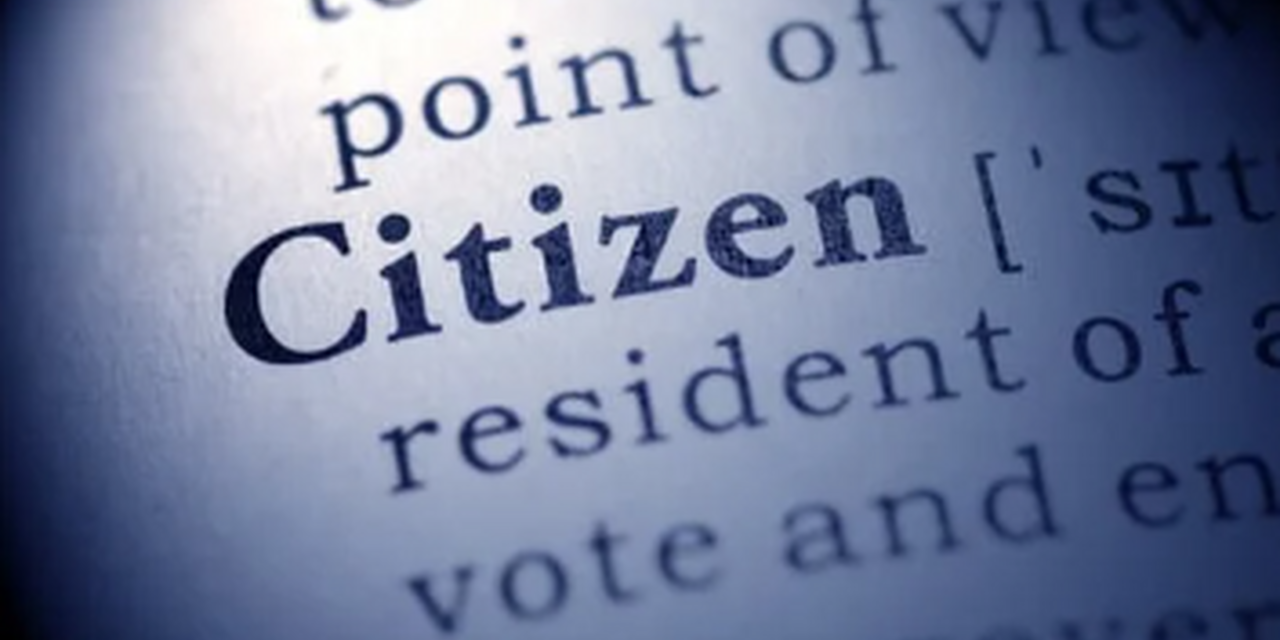Sovereign citizens have been around since the 1970s in the US and turn up occasionally in the news, and in the courts, where they attempt to deny the court’s power over them. They are, therefore, a curious and somewhat sinister part of the legal landscape.
There’s a few strange concepts in the above paragraphs to look at a bit more closely. First, what is meant by a “sovereign” entity?
The word “sovereign” derives from the Latin for “above” and the Old French word for “highest” or “chief”. The modern word, when used before a noun, means ‘free to govern itself”, as used in the common phrase “sovereign nation”. Sovereign citizens, therefore, are free to govern themselves.
Why do they believe they are free to govern themselves? The origins of the movement are in the US, and have links to extremist Christian groups that believe that there is a law derived from the Bible that is the only true law, and that by declaring themselves sovereign citizens, the followers of the true law are no longer bound by the laws of their country.
The sovereign citizens, also sometimes called “Freeman on the land” have a presence in Australia and are considered by the authorities to be anti-authority, anti-government, and have been linked to extremism and conspiracy theories. During the Covid pandemic, there was a resurgence of the movement who were against the government opposed restrictions.
The sovereign citizens can be recognised in their written correspondence by strange language usage that appears to be a kind of legalese. For example, they will refer to the government as a corporation, and use strange punctuation or other methods to separate their first name from their last name, for example: David William of the family Smith, or Smith; David. This is done apparently to make the point that their name is not the same as them as a natural person, but is a reference to an artificial entity.

